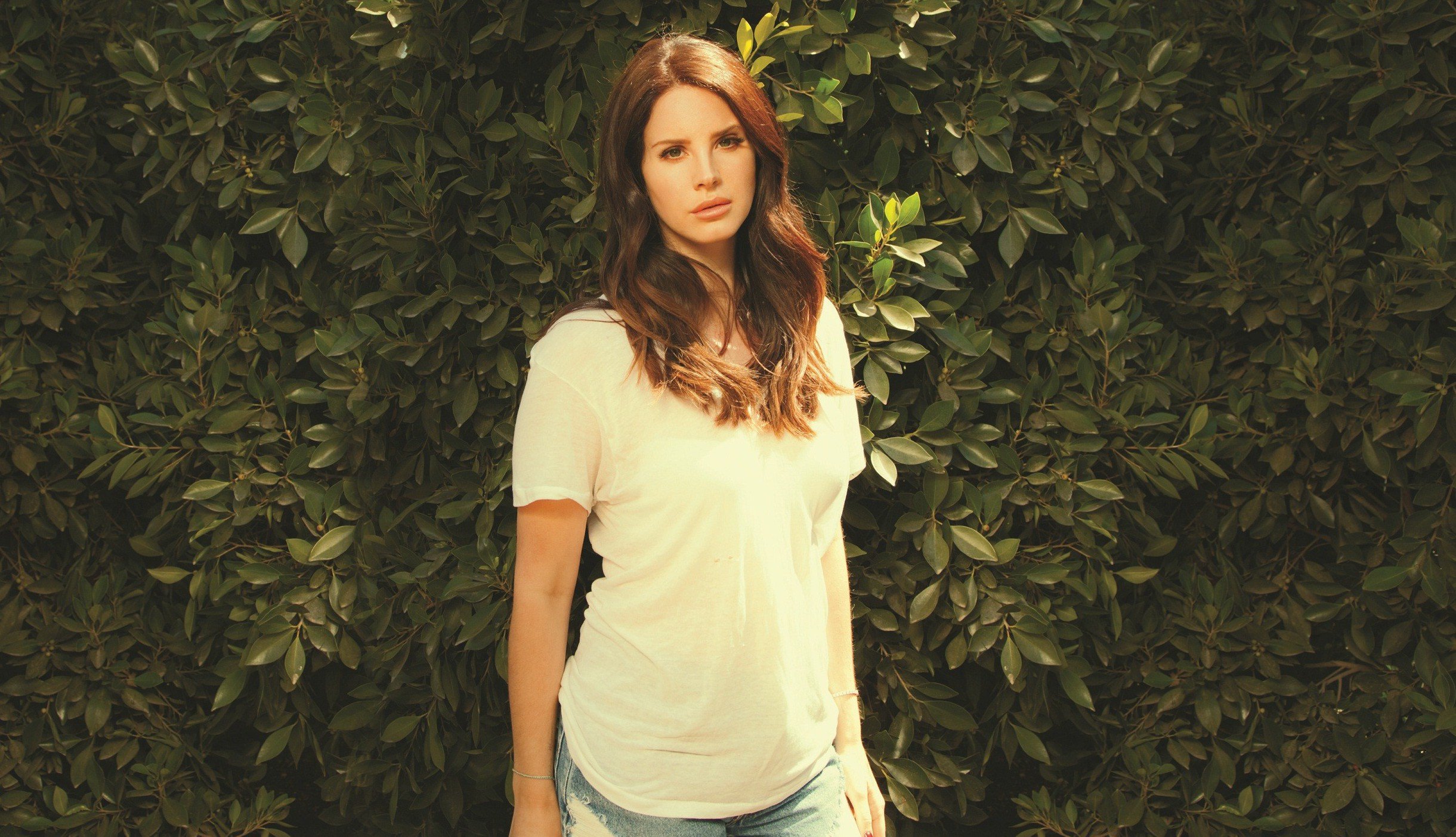What can we expect from Lana Del Rey’s third album?

And it’s finally here! The title track from Lana Del Rey’s much anticipated third album, Honeymoon, has dropped online. The singer has become a somewhat unlikely gay icon since her emergence in 2011.
Unlikely, you scoff? Sure, she has all the hallmarks of a diva; bee-stung lips, hair worthy of any drag queen and a narcissistic persona that would put Cher to shame. But when you consider the disconnect between Del Rey and her peers in the ranks of gay pop royalty, her devoted gay following doesn’t seem so self-evident. The feel-good pop of Britney, Gaga, and Beyoncé is a far cry from Del Rey’s brooding, sadcore melancholia.
But perhaps this disconnect is exactly what ensured her success. Perhaps gay pop lovers were missing that dark, indie dynamic and needed someone to provide it to them in capsule form, all neatly wrapped in a poptastic bow. Del Rey certainly has bridged a gap, and while some might dismiss her music as a watered-down knock off of real indie, millions more are lapping it up and crowning her queen.
Del Rey’s debut album was alternative pop, influenced by trip-hop. Against a backdrop of lush, heavily-produced electronic beats, Lana’s voice swooped from a low, reverberating drone to a sardonic, sickly sweet falsetto. The fresh production gave surprising life and dimension to the often heavy lyrical content. Whether she succeeded in saying anything important, or merely perpetuated misogynistic tropes is a matter for debate, but she was undeniably *trying* to say something. As if the heavily stylised, gangster-moll persona with big eyelashes and press-on nails wasn’t enough of a giveaway, the lyrics in songs like National Anthem certainly were. “He loves to romance ‘em, reckless abandon / Holdin’ me for ransom, upper echelon”. Was she criticising Hollywood, the patriarchy, materialism, or all of the above? Or, more controversially, was she mindlessly glorifying them? Nobody knows, but either way, fans begged for more. They loved the ambiguously loaded lyricism, the nihilistic satire and the persona of a smart, beautiful girl who was sad about… nobody really knows what. Was she singing about a real lover, or was fame her lover? Was the whole thing a satire or was she being genuine?

What’s certain is that the album was fresh, exciting and dangerous.
That’s what made the departure into Ultraviolence all the more jarring. Her sophomore album was unexpectedly demure. The lyricism, though still very sardonic and bitter, seemed much more on the nose. Lyrics like “I’m a sad girl, I’m a sad girl, I’m a bad girl”, stirred up further controversy amongst fans. Had Lana just gotten lazy? Or was she satirising her own persona? Either way, the new lyricism had a simplicity and directness that would not necessarily resonate with the fans who loved the complexity of Born to Die. Ultraviolence seemed more ironic than anything else, and instead of trip-hop, it was inspired by desert rock (thanks to producer Dan Auerbach). Gone too was the nostalgic glamour, as she donned a simple white t-shirt and jeans for the album cover. Lana built a fan base with one type of album, and then delivered a completely different concept the second time around. Fans were surprised; some were ecstatic, some were horrified.
Can we expect the same highs, lows and twists from Honeymoon?
Soon after announcing the album, Del Rey promised a return to the Born To Die sound. However, since then there has been very little hype or advertising at all. LDR’s social media pages are tumbleweed central. We’ve been veritably starved of information… until yesterday.
The single Honeymoon is firmly cemented in the category of love ballad. It has the soaring strings and melancholy piano chords of Born to Die, and there is no sign of the rasping guitars of Ultraviolence. However, the speedy electronic rap beats of Off to the Races or National Anthem are distant memories. The vocals are slow and echoing, and the lyrics bear no obvious traces of an underlying satire. The chorus is boring and unoriginal; the real hooks are in the verses and bridge.

Fans who adore Del Rey for her deep, reverberating vocals and simple, lovesick lyricism will be satisfied, but those banking on a Born-to-Die-esque single will be left feeling flat. It is undoubtedly beautiful, but disappointingly repetitive and samey.
Then again, the two singles that appeared before the first album were Video Games and Blue Jeans; both slow ballads too. The upcoming album could still have plenty of fast-paced pop and social commentary thrown in.
No verdict will be passed on this album until every song has been individually savoured and analysed. Let’s not second guess Lana in the early stages. No doubt she still has a few shock tactics up her sleeve!
